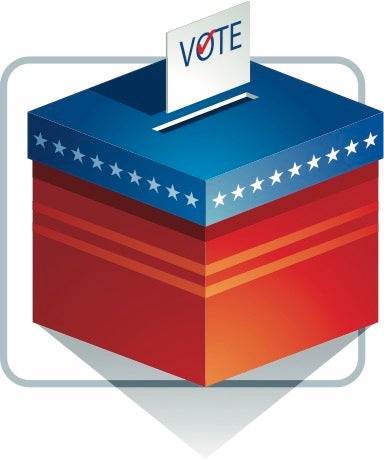Pearl Harbor discussed little on today’s 74th anniversary
Published 12:00 pm Monday, December 7, 2015
Seventy-four years ago, the Imperial Japanese navy launched a surprise attack on the U.S. Naval base at Pearl Harbor in Hawaii, killing more than 2,400 people. The act prompted the U.S. to declare war against Japan the next day, thrusting the U.S. into World War II.
President Franklin Roosevelt’s speech that day promised the attack would be a date “which will live in infamy.”
Forever written into the country’s history books and memorials across the U.S., there is little doubt the day will ever be forgotten. However, the real story tellers are leaving the world at a fact pace.
According to statistics released by the Veteran’s Administration, World War II vets are dying at a rate of approximately 492 a day. This means there are about only 855,070 veterans remaining of the 16 million who served our nation in World War II.
By 2036, it is estimated there will be no living veterans of World War II left to recount their experiences.
Many schools no longer make it a part of their curriculum.
There is mention of Pearl Harbor in some of the new Common Core textbooks but the lack of information provided has invoked some to protest the new books across the nation.
But what could appear to be a nation forgetting, could be simply a nation mending, says University of Mississippi history professor Noell Wilson.
When the U.S. used atomic weapons at Hiroshima and Nagasaki, it ended the war and led to a military occupation of Japan; but due to the American rebuilding process and willingness to share technology with post-war Japan, the countries’ relationship prospered again, with the Japanese especially excelling at Western automobiles and electronics in the post-war period.
“There’s been an emphasis to remember moments of friendship instead of the moments we were at odds,” Wilson said. “While I haven’t heard that from anyone directly, journalists and observers seem to emphasize the moments of our past when the two countries were not at odds.”
No events today
No events were planned at Ole Miss today for remembrance of Pearl Harbor; however, today starts the day for finals.
“The anniversary falls during a time when classes are about over and finals are taking place,” she said. “It’s unfortunate but that could also lead to why some schools may not spend as much time on lessons associated with the event.”
Teaching about the evils of Pearl Harbor during a time when schools are trying to teach about acceptance and diversity, having many Japanese students in those classes, can often be a difficult line to cross for some teachers.
When China went communist a few years after the war, U.S. officials realized they needed an ally in the region.
“It motivated the U.S. Despite tremendous animosity and friction with Japan, to repair things as quick as possible. Just like any relationship, the U.S. and Japan have had their ups and downs but the relationship between the two was repaired after the war fairly quickly.”
With China’s more recent rise in power, some political analysis believe it is more important now to strengthen the ties with Japan.
Seven-plus decades after a horrific war, and despite serious trade frictions in the past and a new challenge posed by China, America and Japan share a mutual trust and respect, making the bad times harder to remember for the younger generations living in the U.S.
The Associated Press contributed to this article.





